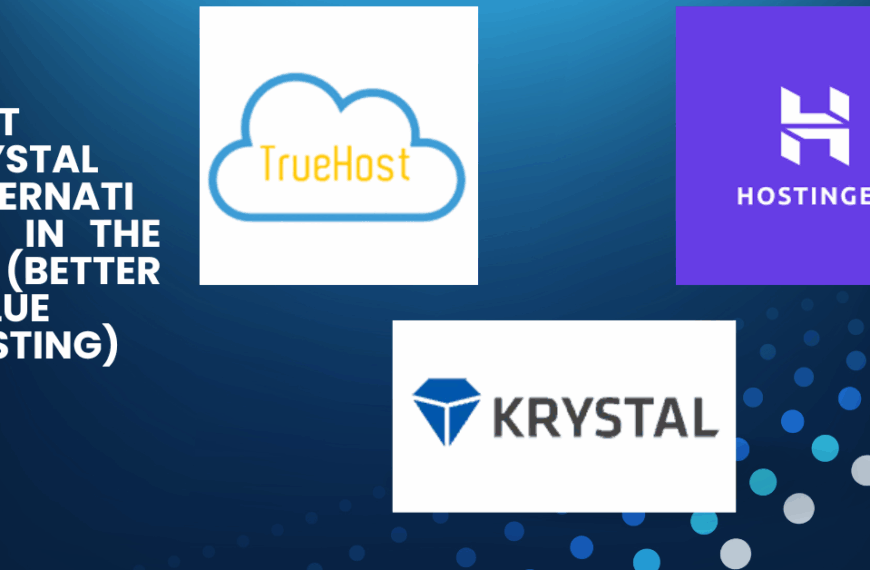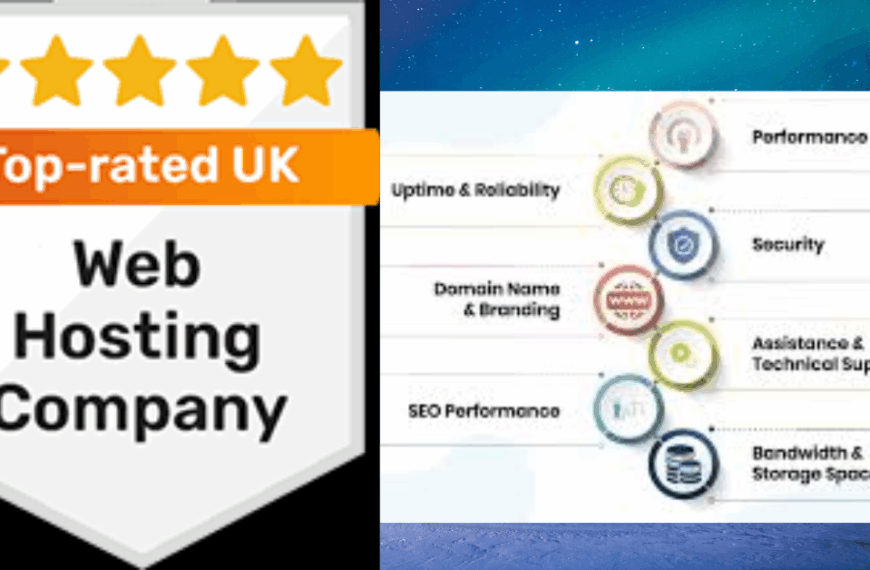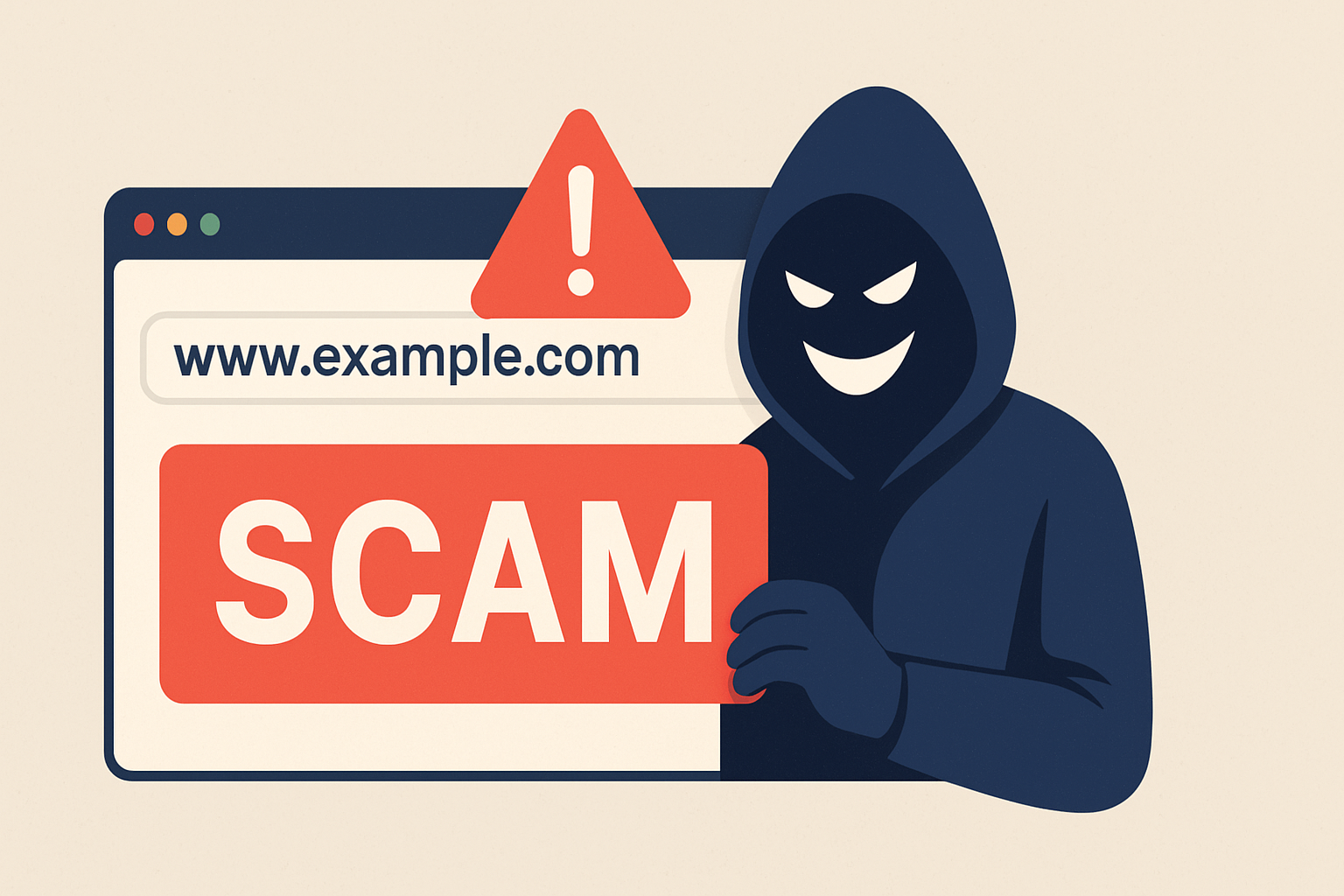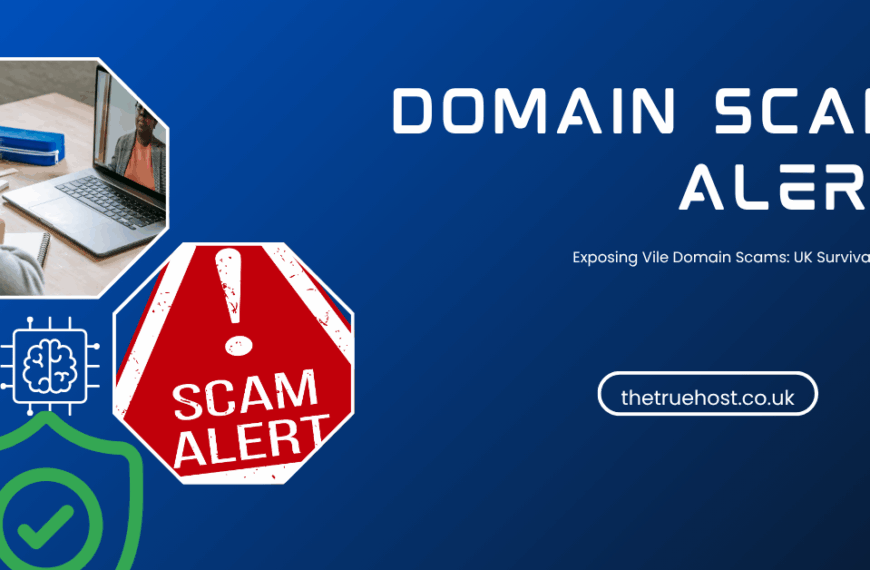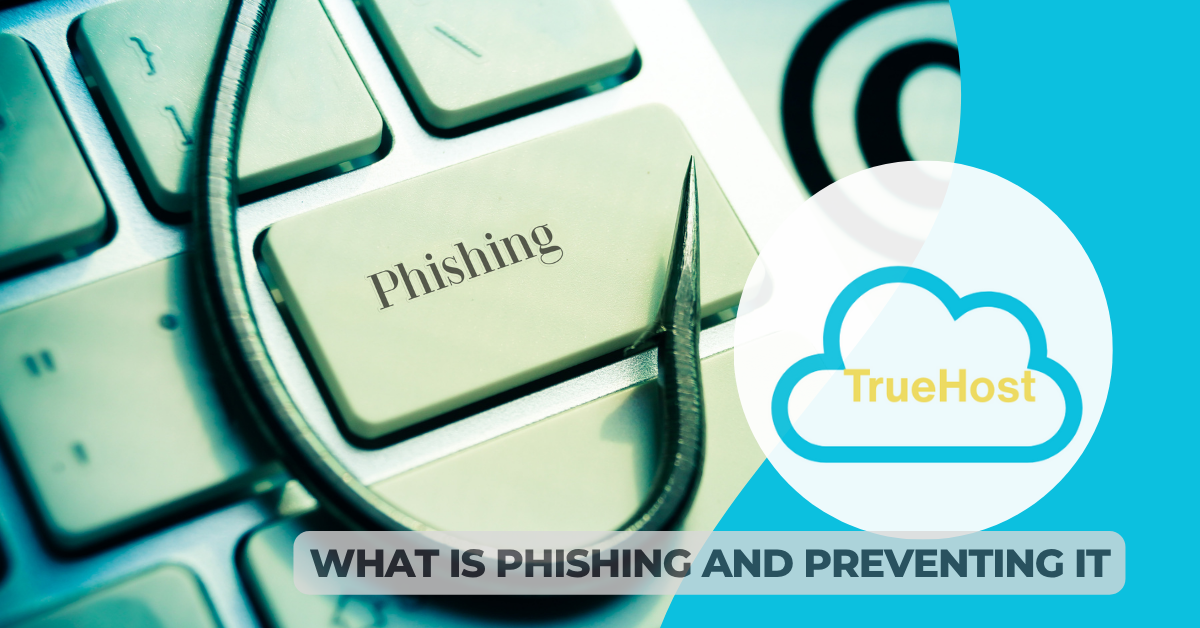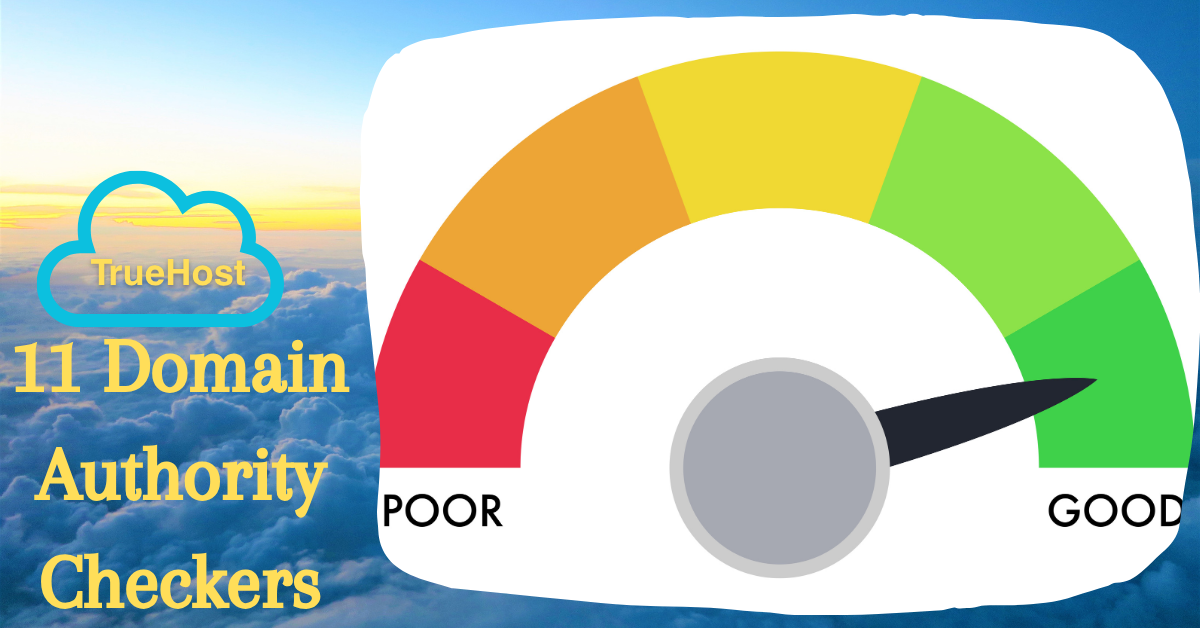Last updated on November 23rd, 2025 at 08:04 pm
ICANN’s new DNS abuse policies are reshaping how British domain owners manage their online presence. These changes affect millions of UK businesses and individuals who rely on domain names for their digital operations.
The Internet Corporation for Assigned Names and Numbers has rolled out significant updates. These policies target DNS abuse more aggressively than ever before.
But what does this mean for you? Let’s break down everything you need to know.
Ready to secure your domains? ThetrueHost.co.uk offers comprehensive domain management solutions tailored for UK businesses. Get started today!
Understanding ICANN’s New DNS Framework for UK Users
The landscape of domain security has changed dramatically. ICANN’s latest framework addresses growing cybersecurity threats across the globe.
For UK domain owners, these changes bring both opportunities and challenges.
What Actually Counts as DNS Abuse Now?
ICANN has expanded its definition of DNS abuse significantly. The organization now recognizes five primary categories of malicious activity.
-
Malware distribution through compromised domains tops the list. This includes any software designed to harm users’ systems.
-
Phishing attacks represent another major concern. These schemes trick users into revealing sensitive information through fake websites.
-
Botnet operations using domain infrastructure face stricter scrutiny. ICANN now monitors command-and-control communications more closely.
-
Spam campaigns launching from domain names trigger faster response protocols. The organization tracks bulk unwanted communications systematically.
-
Financial fraud schemes operating through domain names face immediate action. This includes fake investment opportunities and cryptocurrency scams.
| Abuse Type | Response Time | UK Reporting Channel |
|---|---|---|
| Malware | 24 hours | NCSC |
| Phishing | 12 hours | Action Fraud |
| Botnet | 48 hours | NCSC Cyber Incident |
| Spam | 72 hours | Ofcom |
| Fraud | 6 hours | Action Fraud |
Key Changes from Previous ICANN Policies
The enforcement timeline has become much tighter. Previously, registrars had weeks to respond to abuse complaints.
Now they have hours, not days.
ICANN also expanded penalty structures for non-compliance. UK businesses face potential domain suspensions for policy violations.
The reporting mechanisms have become more sophisticated too. Automated systems now flag suspicious activity faster than human reviewers ever could.
How ICANN Changes Impact UK Domain Owners
British businesses face unique challenges under these new policies. The intersection of ICANN rules with UK law creates complex compliance requirements.
You’re not just dealing with international standards anymore. Local regulations add another layer of complexity.
Legal Implications Under British Law
The Data Protection Act 2018 intersects with ICANN policies in interesting ways. Your domain management must comply with both frameworks simultaneously.
Consumer protection laws also apply to domain-related activities. The Competition and Markets Authority monitors how domain policies affect UK consumers.
Business liability concerns have grown significantly. Company directors can face personal responsibility for domain-related security breaches.
Insurance implications are worth considering too. Many cyber insurance policies now require ICANN compliance for coverage validity.
Industry-Specific Considerations for UK Businesses
E-commerce platforms face the strictest scrutiny under new ICANN rules. Payment processing domains receive special attention from monitoring systems.
Financial services companies must navigate additional FCA requirements alongside ICANN policies. The dual compliance burden requires careful coordination.
Healthcare organizations handling patient data through domain infrastructure need extra protection. NHS trusts have implemented specific ICANN compliance protocols.
Educational institutions across the UK report increased monitoring of their domain portfolios. Universities now employ dedicated cybersecurity teams for ICANN compliance.
Government entities at all levels face mandatory compliance requirements. Local councils must now audit their domain security regularly.
Essential Compliance Steps for UK Domain Owners
Getting compliant isn’t as complicated as it sounds. But it does require systematic planning and execution.
You’ll need to approach this methodically.
Immediate Actions You Must Take
Start with a complete audit of your domain portfolio. Many UK businesses discover forgotten domains during this process.
Review your current security measures against ICANN standards. Most existing protections need significant upgrades.
Update all contact information across your domain registrations. ICANN requires current, accurate contact details for compliance.
Implement monitoring systems immediately. Waiting for problems to appear isn’t a viable strategy anymore.
Need professional help with compliance? Truehost UK provides expert ICANN compliance services for UK businesses. Contact us today!
Documentation Requirements for British Businesses
Maintain detailed abuse response procedures in writing. ICANN auditors expect comprehensive documentation during reviews.
Keep security logs for at least 12 months. UK law requires longer retention periods for some industries.
Document your incident response plans thoroughly. These plans must align with both ICANN requirements and British cybersecurity guidelines.
Establish clear communication protocols with your team. Everyone needs to understand their role in ICANN compliance.
Technical Implementation Essentials
DNS Security Extensions (DNSSEC) are no longer optional for many domains. ICANN strongly recommends implementation across all critical business domains.
Regular security assessments must become routine. Monthly reviews catch problems before they escalate.
Automated monitoring tools provide 24/7 protection. These systems detect abuse attempts in real-time.
Incident response systems need immediate deployment. Quick response times are crucial under new ICANN policies.
DNS Abuse Prevention Strategies That Work
Prevention beats reaction every time. Smart domain owners implement multiple layers of protection.
The costs of prevention pale compared to breach remediation expenses.
Proactive Security Measures for UK Domains
Multi-factor authentication should protect all domain management accounts. Simple passwords aren’t enough anymore.
Regular password updates across all systems prevent credential stuffing attacks. Use complex passwords with regular rotation schedules.
Domain lock mechanisms prevent unauthorized transfers. Most UK registrars offer enhanced locking options.
Backup and recovery procedures ensure business continuity. Test these procedures regularly to verify effectiveness.
Monitoring and Detection Systems
Real-time threat monitoring catches problems early. These systems scan for malicious activity continuously.
Reputation monitoring services track your domain’s security standing. Poor reputation scores trigger ICANN investigations.
Automated alert systems notify you immediately of suspicious activity. Configure alerts for multiple communication channels.
Regular security reviews identify emerging vulnerabilities. Monthly assessments help maintain strong security postures.
Staff Training and Awareness Programs
Cybersecurity education programs reduce human error risks. Most security breaches involve employee mistakes.
Phishing awareness training helps staff recognize threats. Regular training updates address emerging attack methods.
Incident response procedures must be practiced regularly. Staff need hands-on experience with response protocols.
Regular policy updates keep everyone informed of changing requirements. ICANN policies evolve continuously.
Reporting and Response Procedures for UK Businesses
When DNS abuse happens, quick response saves domains. ICANN’s reporting system prioritizes fast, accurate reports.
You’ll need to understand the process before you need it.
When and How to Report DNS Abuse Incidents
Identify reportable incidents using ICANN’s classification system. Not every security event requires formal reporting.
ICANN’s reporting channels accept submissions 24/7. The ICANN compliance portal processes most reports automatically.
Required documentation includes detailed incident timelines. ICANN investigators need complete information for effective response.
Response timelines vary by incident severity. Critical threats receive immediate attention from ICANN teams.
Working with Your UK Domain Registrar
Communication protocols with registrars must be established early. Most UK registrars have dedicated abuse response teams.
Service level agreements define response expectations. Review these agreements regularly for compliance requirements.
Escalation procedures help when initial responses prove inadequate. Know your registrar’s escalation pathways in advance.
Resolution tracking ensures incidents receive proper closure. Document all communications for compliance records.
Collaboration with UK Law Enforcement
UK cybercrime reporting follows specific protocols. The National Cyber Security Centre coordinates most DNS abuse investigations.
International cooperation often becomes necessary for complex cases. ICANN works closely with global law enforcement agencies.
Evidence preservation techniques protect investigation integrity. Proper evidence handling supports successful prosecutions.
Legal compliance requirements vary by incident type. Consult legal counsel for significant security breaches.
Technology Solutions and Tools for UK Domain Security
The right tools make ICANN compliance much easier. British businesses have access to excellent security solutions.
Investment in proper tools pays dividends quickly.
Recommended Security Software for UK Businesses

DNS filtering solutions block malicious traffic automatically. Services like Cloudflare and Quad9 offer UK-based filtering.
Threat intelligence platforms provide early warning systems. CrowdStrike and FireEye offer comprehensive threat detection.
Security Information and Event Management (SIEM) systems centralize monitoring. Splunk and IBM QRadar serve many UK enterprises.
Vulnerability assessment tools identify security gaps proactively. Nessus and OpenVAS provide thorough security scanning.
Monitoring Services Worth Considering
Domain reputation monitoring tracks your security standing continuously. Services like VirusTotal monitor domain reputation scores.
Brand protection services watch for domain abuse affecting your business. MarkMonitor and CSC provide comprehensive brand protection.
Threat detection platforms identify emerging risks early. Darktrace and Vectra use AI for advanced threat detection.
Compliance tracking tools ensure ongoing ICANN adherence. These platforms automate much of the compliance burden.
UK-Based Service Providers
Local security vendors understand British regulatory requirements. Companies like BAE Systems Applied Intelligence serve major UK enterprises.
Compliance consultants help navigate complex requirements. Many UK firms specialize in ICANN compliance specifically.
Managed security services provide complete protection packages. BT Security and Vodafone offer comprehensive managed services.
Training providers deliver specialized ICANN education. Organizations like the Chartered Institute of Information Security offer relevant courses.
Cost Planning for ICANN Compliance in the UK
Compliance costs vary significantly by business size and complexity. Planning helps avoid budget surprises.
Most businesses underestimate initial implementation costs.
Direct Compliance Investment Requirements
Security software licensing represents the largest ongoing expense. Enterprise solutions typically cost £10,000-£50,000 annually.
Professional services for initial setup range from £5,000-£25,000. Complex implementations require more investment.
Training and certification costs depend on staff size. Budget £1,000-£3,000 per employee for comprehensive training.
Monitoring services add £2,000-£10,000 to annual budgets. Advanced monitoring justifies the expense through early threat detection.
Hidden Costs and Practical Considerations
Staff time allocation often gets overlooked in planning. ICANN compliance requires ongoing employee attention.
System maintenance expenses continue indefinitely. Security systems require regular updates and monitoring.
Incident response costs can spike during security events. Budget for emergency response services and legal consultation.
Potential penalty costs motivate proper compliance investment. ICANN penalties can reach hundreds of thousands of pounds.
Return on Investment Analysis
Brand protection value often exceeds compliance costs. Domain security protects valuable brand assets.
Customer trust benefits provide measurable business value. Secure domains enhance customer confidence significantly.
Regulatory compliance advantages reduce business risks. Proper compliance avoids expensive penalties and investigations.
Business continuity improvements justify security investments. Prevented outages save more than security systems cost.
Future Outlook for DNS Security in the UK
ICANN policies continue evolving rapidly. British businesses must prepare for ongoing changes.
The regulatory environment will only get stricter.
Anticipated Policy Evolution
ICANN initiatives target emerging threats continuously. Artificial intelligence and machine learning enhance threat detection capabilities.
Industry feedback integration shapes policy development. UK businesses can influence future policies through active participation.
Technology advancement impacts drive policy updates. Quantum computing and IoT devices create new security challenges.
International regulatory alignment becomes increasingly important. Brexit implications continue affecting UK compliance requirements.
Preparing Your Business for Changes
Flexible security frameworks adapt to changing requirements easily. Rigid systems struggle with policy evolution.
Continuous monitoring approaches detect changes quickly. Automated systems track policy updates automatically.
Regular policy reviews ensure ongoing compliance. Quarterly reviews catch changes before they become problems.
Stakeholder engagement influences policy development. Participate in ICANN consultation processes when possible.
Taking Action on ICANN Compliance
ICANN’s DNS abuse policies aren’t going away. UK businesses must adapt or face serious consequences.
The time for action is now, not later.
These policies protect everyone in the digital ecosystem. Your compliance contributes to global internet security.
Start with the immediate actions we’ve outlined. Build momentum through systematic implementation.
Remember that compliance is ongoing, not a one-time project. ICANN policies evolve continuously with emerging threats.
Your domain security directly impacts business success. Customers trust secure domains more than vulnerable ones.
The internet depends on responsible domain management. Your compliance makes the web safer for everyone.
 Domain Search
Domain Search Whois Lookup
Whois Lookup Domain Transfer
Domain Transfer All Domains
All Domains Web Hosting
Web Hosting Email Hosting
Email Hosting Reseller Hosting
Reseller Hosting Windows Hosting
Windows Hosting cPanel Hosting
cPanel Hosting VPS Hosting
VPS Hosting Managed VPS Hosting
Managed VPS Hosting Dedicated Server
Dedicated Server SSL Certificates
SSL Certificates All SSL
All SSL